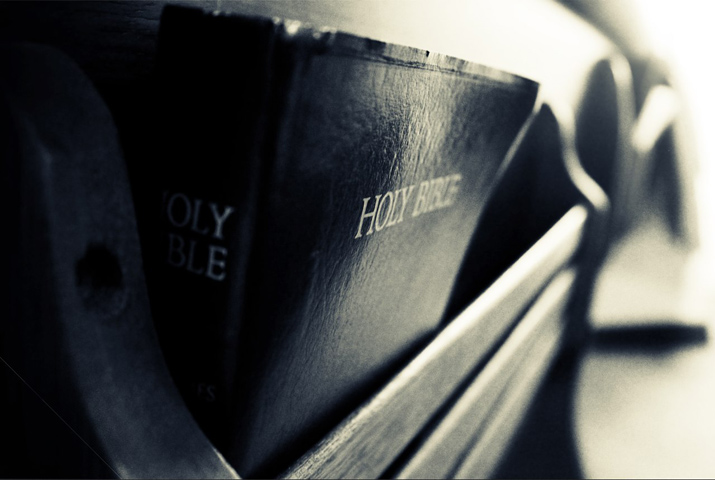 Last Sunday’s message was about “attending upon all the ordnances of God” — choosing to practice those spiritual disciplines that enable us to experience God’s abundant, outrageous love and that also make us more able to love God back. Those ordnances include:
Last Sunday’s message was about “attending upon all the ordnances of God” — choosing to practice those spiritual disciplines that enable us to experience God’s abundant, outrageous love and that also make us more able to love God back. Those ordnances include:
The public worship of God
The ministry of the Word, either read or expounded
The Supper of the Lord
Family and Private Prayer
Searching the Scriptures
Fasting or abstinence
These are practices that our founding father, John Wesley, recommended to all persons seeking to deepen their relationship with God, but they were not practices that he invented. They came straight out of the Book – the one Book that matters to followers of Jesus. It was Jesus that affirmed that loving God was the first and most important commandment. It is the Bible that teaches us how to live into the fullness of that commandment.
That means that our attitude toward the Bible – our beliefs about what it is and where it came from and how it is to shape our lives – is of supreme importance.
So what do you think/believe about the Bible? Do you think it is just a story written by and about primitive people a long time ago whose lives and practices are probably mostly irrelevant today? Do you think it is a difficult, mysterious book that only the most erudite scholars can begin to unravel? Do you think you have to understand all the history and all the culture of the time to gain any value from reading it? If you hold these kinds of beliefs, it may be hard for you to take the Bible seriously as a guiding light for life, although you may find studying it to be interesting and compelling and the source of scintillating conversations with others. It just may not make any difference in your life.
Last week I challenged you with a quote from Dallas Willard. I’m going to challenge you with another, this time from his book The Divine Conspiracy. When I read these words I thought “Yes! That is what I believe!” He writes about the Bible:
On its human side, I assume that it was produced and preserved by competent human beings who were at least as intelligent and devout as we are today. I assume that they were quite capable of accurately interpreting their own experience and of objectively presenting what they heard and experienced in the language of their historical community, which we today can understand with due diligence.
On the divine side, I assume that God has been willing and competent to arrange for the Bible, including its record of Jesus, to emerge and be preserved in ways that will secure his purposes for it among human beings worldwide. Those who actually believe in God will be untroubled by this. I assume that he did not and would not leave his message to humankind in a form that can only be understood by a handful of late-twentieth-century professional scholars, who cannot even agree among themselves on the theories that they assume to determine what the message is.
The Bible is, after all, God’s gift to the world through his Church, not to the scholars. It comes through the life of his people and nourishes that life. Its purpose is practical, not academic. An intelligent, careful, intensive but straightforward reading…is what it requires to direct us into life in God’s kingdom.
In other words, the Bible can be deeply trusted to give us a word for this day; to guide our life and practice; to shape our relationship with God. Under the guidance of the Holy Spirit, which is given to every person when he or she receives Christ and is “born again,” the Bible can speak into our hearts and lives to shape us into the very image of Christ.
If you’ve had trouble trusting it, how about trying out one of our Life Changing Bible studies? Spend a few months reading the Book, not reading ABOUT the Book. Spend some time every day prayerfully asking God to speak to you through the pages of His divine gift, committing yourself to do what it asks you to do, and see how your life will change. It won’t be easy, but it will be profoundly, deeply, worth it.
Blessings and peace,
Pastor Deborah


